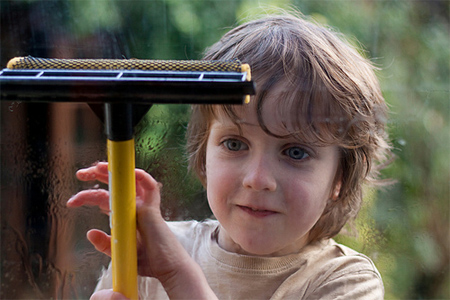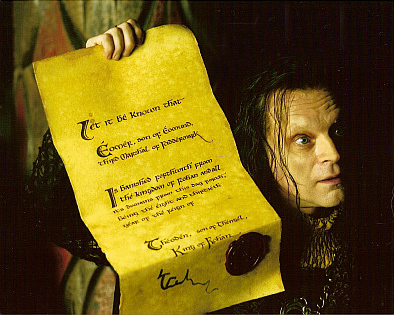This piece originally appeared in April 2011 as part of my Futurismic column “Brain Hacks for Writers”
Lately I’ve been looking, for the sake of my sanity, for some principles of writerly success that I can really depend on. These are a tad elusive when the publishing world is being shaken up by the complete redefinition of self-publishing and the whole eBook thing. I don’t know about you, but I look at all this and say “Hey, how am I going to make a living as a writer in this mess–or even just find a readership–when we don’t even know what the publishing world will consist of in five years?”
Uncertainty is a terrible motivator.
Comfortingly, I think we can distill a few principles that apply to virtually anyone who wants to write and be read, whether on paper or screen, selfpub or tradpub. They are
- Be passionate about what you write
- Focus your efforts
- Grow your long-term readership
Why do these matter? Because as long as you’re doing these three things, your writing career is going in the right direction, and as soon as you stop doing them, your writing career is in danger.
Be passionate about what you write
We already know that to be successful in writing, you have to write a lot. To take it a step further, I suggest that we need to write a lot and love the work we’ve chosen.
There are two ways to do this, and most of us need both: First, there’s being captured by the project, getting excited about starting it. Second, there’s taking a project you’re already working on and finding things in it that make you eager to keep diving into it.
The initial lure of the project is something I know all too well: I love to start things. The opportunity, the promise, the creativity, the fact that I haven’t screwed anything up yet–it’s easy to get excited about something I’m not working on. But it’s also important, because if you can’t get excited about your own work, how likely is it that your readers will? I imagine you’ve heard that nugget of wisdom before from more authoritative sources, but it’s a good nugget.
Re-infusing excitement is essential for most of us too, because virtually every long-term project seems to have its ups and downs. Maybe you’ve gotten to a point where your story has gone off track, or you’ve begun to question whether your whole idea wasn’t stupid in the first place, or you’ve just lost enthusiasm for rewriting the damn thing a third time.
This column isn’t about the specific ways to renew that passion (though there are a lot of specific tools for that in my eBook The Writing Engine: A Practical Guide to Writing Motivation). This is just a reminder that not having that passion makes it very difficult to keep coming back and cranking out the words, and without passion it can feel pointless even when you do crank out the words. Passion isn’t everything, but it makes a hell of a difference.
Focus your efforts
The topic of focus brings us back to my “oh, I thought of a great new project!” problem. Running off after every charming new story idea, or writing a book but not cleaning it up to submit, or not sending stories back out after they’ve been rejected, or spending all your time writing for your blog and none on your books–all of these are symptoms of unfocused effort. Focused effort means knowing what your most important writing goals are and sticking with them until you’ve seen them through. This is essential whether you need to crank out words, submit query letters, promote selfpubbed eBooks, or anything else. If you’re just writing to write, that’s great as long as you don’t care about getting anything published or read, but if you want readers and completed projects, don’t let your head get turned by other projects–and don’t let your concern that something might be rejected prevent you from sending it out there over and over until it finds a home or until you’ve proven conclusively that it doesn’t have one.
I will be sure to come back and harp on this point some more once I’ve mastered it myself.
Grow your long-term readership
This item is the one that has the most to do with your career as distinct from your writing, whether you’re just looking to get an occasional story published, are trying to go (or stay) full-time, or are shooting to break the bestseller lists. If the things you are doing outside writing itself pay off well in terms of connecting you with more people who will want to read your work for a long time, then they are good as long as they don’t hog too much of your writing time. Any writing-related activities that don’t serve that purpose need to be considered for possible elimination.
So working really hard on rewriting that dragon porn novel that you intend to publish under a one-time pseudonym is a fail on this front: even if it becomes very popular, unless you intend to cultivate that pseudonym and write more dragon porn, it’s a career fail. So is spending an hour a day on Twitter if your followers are interested in you because you are dutifully retweeting news items instead of in ways that would get them interested in your writing. Publicity is useless if it doesn’t build up a sustained following of people who are interested in you and what you write. This is one reason begging for retweets and commenting across the Internet with pleas to buy your new book is as unhelpful as it is degrading.
But selling a book to a traditional publisher, or self-pubbing a book that you are really excited to continuously get word out about, or maintaining a snarky blog about fashion when you write snarky chicklit, or pushing to get foreign rights to your latest novel sold–these are all getting your name out to people who are interested in you because of what you write and who you are, people whose reading needs you can help satisfy and who can support your career. Successful promotion, like successful livestock breeding, pays off for everyone involved.
photo courtesy of Ann Arbor District Library











